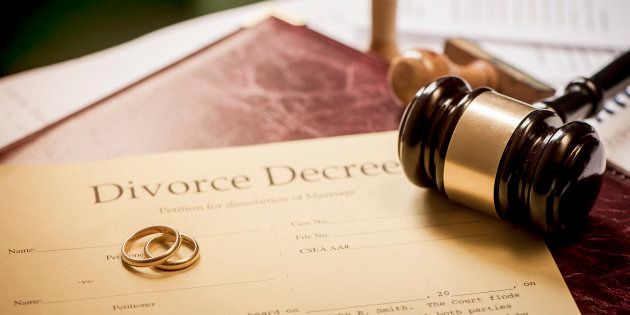Mayank Shrivastava V. Smt Ritu Shrivastava
Criminal Appeal No.256 of 2019
High Court of Madhya Pradesh
Decided on- 09.04.2019
Issue: Whether personal inconvenience of couples can be considered as a valid ground to waiver the cooling period of six months under section 13(B) of the Hindu Marriage Act, 1955?
The Hon’ble court had been approached through a revision petition under section 115 of the Civil Procedure Code, challenging the order passed by the principal judge, family court, after it rejected an application filed by the parties, to waive off the period of 6 months granted, due to their personal inconveniences.
Brief facts:
An application under section 13(B) of the Hindu marriage act was filed by the parties for grant of divorce by mutual consent. After hearing both the parties the court adjourned the matter for a period of 6 months as per the mandate of section 13(B) of the act.
This period of 6 months is generally a period given to the parties to reconsider their decision to divorce. After the order of adjournment was passed, the parties moved an application, citing personal inconveniences, under section 151 of CPC for waiving off the period of 6 months and thereby passing a decree of divorce. The aforementioned application was rejected on the ground that it was not in accordance with the law.
Aggrieved by this order, the parties moved a revision petition before the high court under section 115 of the Civil Procedure Code and in their submission placed its reliance on the judgement of the supreme court in Amardeep v. Harveen kaur (2017) 8 SCC 746, wherein it was held that the period of six months under section 13(B) is not mandatory but directory in nature and it depends on the discretion of the court, whether to exercise this power or not, depending on the facts and circumstances of each given case.
Decision:
Taking into consideration the decision and the submission by the parties, the court was of the opinion that the application under section 151 of the CPC was not tenable as the parties had solely cited personal inconveniences. It further held that, if the parties want the trial court to exercise its discretion then they could have cited impossibility of alternate rehabilitation or cohabitation as well. While dismissing the petition the court stated that when the parties approach the court for relief under a particular provision, they are bound to abide by that provision. It was also of the opinion, that the trial court was not mistaken in rejecting the application under section 151 of the Civil Procedure Code.


